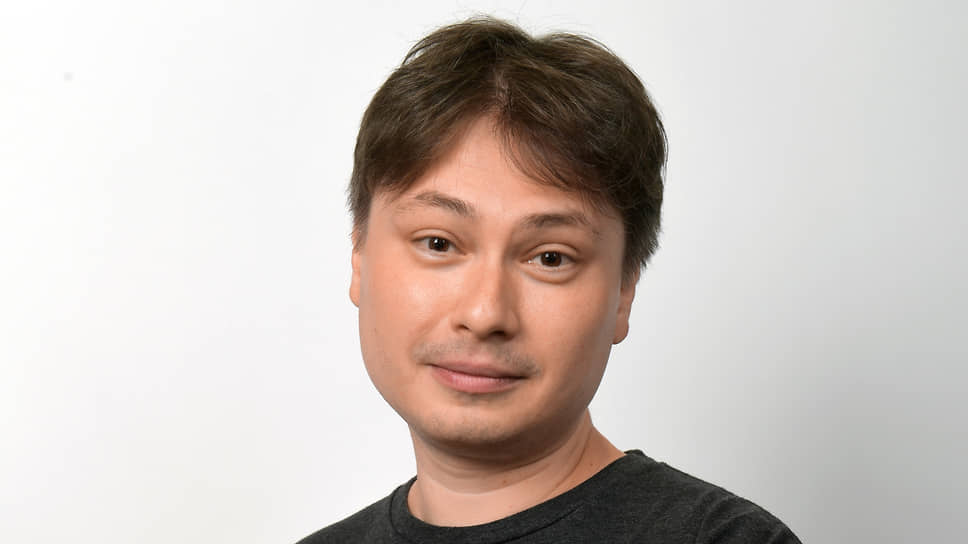Saudi Arabia will increase pressure on OPEC+ participants during the continuation of negotiations in Vienna
[ad_1]
Major oil producers are showing signs of discord ahead of a meeting in late November at which the parameters of a deal to limit production could be revised. OPEC+ postponed the official meeting in Vienna from November 26 to November 30 to give the parties more time for negotiations. The discrepancies are apparently due to the fact that Saudi Arabia, due to weak oil prices in recent weeks, is trying to convince other OPEC+ members to reduce production.
The participants in the OPEC+ deal unexpectedly postponed the scheduled meeting, originally scheduled for November 26, moving it to November 30. Such a significant postponement is happening for the first time in recent years and, apparently, is needed in order to give the parties to the transaction more time to agree on positions against the backdrop of declining oil prices. January Brent futures fell sharply by 3.6% to $79.5 per barrel on the announcement of the postponement of the meeting.
OPEC+ countries at the end of last year approved a production reduction of 2 million bpd. In addition, the Russian Federation and Saudi Arabia are fulfilling their obligations to voluntarily limit exports and production. The Russian Federation pledged to reduce exports by 500 thousand b/d in the summer, and from September until the end of the year to maintain an export reduction of 300 thousand b/d. Saudi Arabia voluntarily reduces production by 1 million bpd by the end of the year.
Despite the efforts of Saudi Arabia and Russia, oil prices, which were approaching $100 per barrel in September, have again fallen below $80 per barrel. So far this year, Saudi Arabia has always made extra efforts to ensure that oil prices do not fall below $70 a barrel, but this threat becomes increasingly clear in the first quarter of 2024, when demand for the commodity in the Northern Hemisphere traditionally declines.
But the burden of unilateral cuts has become too much for Riyadh, whose October output is at 9 million bpd, the lowest since April 2011.
Most likely, the extension of informal negotiations is due to Saudi Arabia’s desire to convince other OPEC+ members to join voluntary production cuts.
Russia is also not eager to reduce production, considering the current market situation acceptable. “Prices objectively reflect the existing picture, they are at a fairly good level, the market is balanced. We will discuss all these issues at the meeting,” Deputy Prime Minister Alexander Novak said on November 22 (quoted from TASS).
The decision to postpone the meeting is primarily due to market volatility, says Kpler’s Victor Katona. Saudi Arabia and other major powers want to see whether the downward tilt will continue, especially if a truce between Israel and Hamas materializes. At the same time, countries such as the UAE or Iraq are not at all eager to reduce production, enjoying a period of relative budgetary prosperity, the analyst emphasizes. In his opinion, the only real way to deepen the deal is to join other OPEC+ countries in the voluntary reduction, and Saudi Arabia will seek to convince them.
According to Sergei Kondratyev from the Institute of Energy and Finance, one should not expect a revision of oil production quotas at the next meeting.
“Oil prices are now declining, and there are fears that in winter, during a period of low demand, they will fall even more,” he argues. “However, a new reduction in quotas will require the key parties to the agreement – Russia and Saudi Arabia – to consolidate production at current low levels , and this decision will be difficult to make, especially if other OPEC+ members do not agree to a commensurate reduction.” The UAE, Kuwait and other countries are unlikely to arouse enthusiasm for such a proposal, the expert continues: for example, the UAE plans to increase production by 135 thousand bpd in accordance with the quota for next year. The main focus, Mr. Kondratiev believes, at the meeting will be on improving discipline – now the production of some countries, including Iraq and the UAE, exceeds the quota. OPEC+ is now not inclined to repeat the track of the 1980s, aggressively reducing production to maintain high prices and postponing the problem of balancing the market for the future, the expert believes. In his opinion, the potential for reducing quotas has already been largely exhausted, and even the next extension of voluntary production restrictions by Russia and Saudi Arabia is in question.
[ad_2]
Source link






